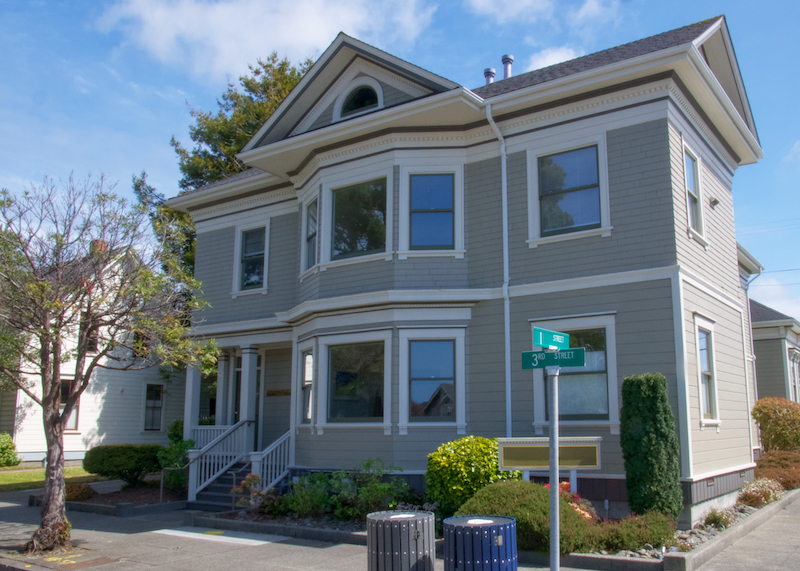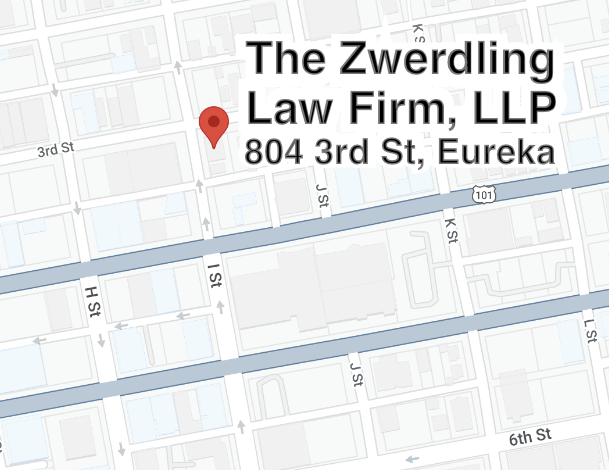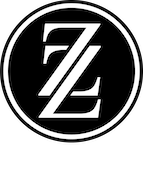

We Represent Individuals Injured by the Wrongdoing of Others and Families Who Have Suffered the Loss of Loved Ones
PERSONAL INJURY
- Personal Injury
- Personal injury law is an umbrella term that covers a variety of situations where a person suffers physical or emotional harm, due to someone else’s tortious, or wrongful, conduct. Generally, negligence is the legal theory that allows a person to recover in court with a personal injury claim. However, personal injury also encompasses intentional acts resulting in injuries such as assault and battery.
- Typically, a personal injury case is initiated when the injured party, called the plaintiff, files a complaint in court against the allegedly negligent party, or the defendant. In the complaint, the plaintiff claims that the defendant caused the plaintiff’s injury and demands damages, or compensation, in the form of monetary payment.
- Negligence is the most common legal theory in which a personal injury victim can prove legal fault on the defendant’s conduct. Negligence occurs when the defendant failed to meet his or her duty of care and the plaintiff is injured as a result. The plaintiff must prove the following elements:
- The defendant owed a duty of care toward the plaintiff, usually to act as the reasonably prudent person;
- The defendant breached that duty, or neglected to act, as the reasonably prudent person;
- The defendant caused the plaintiff’s injuries; and
- The plaintiff suffered damages.
- Wrongful Death
- Wrongful death claims occur when a defendant’s negligent conduct results in a fatality and the victim leaves behind family members and dependents who will suffer as a result of the victim’s absence. The purpose of a wrongful death claim is to compensate the survivors, not the deceased victim.
- Automobile Accidents
- Often, personal injury cases arise from a car accident. Automobiles are intrinsically dangerous and careless driving is responsible for many accidents involving personal injuries. Speeding, failing to yield to a right-of-way, and texting-while-driving are common negligent acts that cause accidents. Other motorist errors include distraction, fatigue, driver inexperience, reflex delay, intoxication, road rage, illegal lane changes, and failure to heed traffic signals.
- Motorcycle Accidents
- Motorcycle accidents can result in severe personal injuries due to the high speed and unprotected exposure of bikers.
- Bicycle Accidents
- As cycling increases in popularity for both recreational enthusiasts and commuters, bike accidents and bicycle personal injury claims are on a nationwide upswing. Cyclists face an unusual amount of danger on the roads and motorists often fail to notice them or respect them as equally worthy vehicles on the streets.
- Pedestrian Accidents
- Similar to bikers and cyclists, pedestrians are unprotected travelers on the road. A collision between a pedestrian and a fast approaching vehicle can cause severe injuries. Frequently, pedestrians are often struck and suffer personal injuries on crosswalks, sidewalks and road shoulders.
- Victims of Felony Driving Under the Influence (with injury)
- In DUI cases involving injury, we can sometimes obtain punitive damages which are not dischargeable at bankruptcy.
- Dog Bites
- Unfortunately, man and woman’s favorite friend, dogs, have the ability to bite and cause serious injuries. In California, “strict liability” applies in dog bite cases when 1) a person was bitten by a dog causing injury, and 2) the dog bite occurred in a public place or “lawfully in a private place.” Strict liability means that the injured person does not need to prove that the dog owner was negligent or knew of their dog’s aggressive or violent propensity. Not only can the dog owners be held strictly liable, but landlords who allow dangerous dogs in rentals, if negligent, can be legally liable as well.
- Slip and Fall
- Personal injuries that are caused by defective or dangerous property conditions, either inside a building or outside, are deemed “premises liability accidents.” Premises can be rendered dangerous for many reasons including defective design, poor quality construction, inadequate maintenance, or excessive clutter. Dangerous premise conditions can lead to slipping, falling, tripping or having some loose hinged item hit you.
- Defective Products
- In some situations, strict liability other than negligence applies. Strict liability holds that a defendant who harms a plaintiff is responsible for the plaintiff’s injuries, no matter how careful or reasonable the defendant acted. A common type of strict liability includes defective products, or strict product liability, where a consumer is injured when using a product due to a defective design or defective manufacturing.
- Dangerous Condition of Public Property
- A public entity may only be held liable on a premise liability claim for personal injury for a dangerous condition of its property. A dangerous condition is “a condition of property that creates a substantial (as distinguished from a minor, trivial, or insignificant) risk of injury when such property…is used with due care in a manner in which it is foreseeable that it will be used.” Government Code § 830(a). Many times dangerous condition of public property cases deal with public roads or highways. Poor design, construction, or maintenance of such roads can cause devastating injuries. There is a strict 6 month deadline for filing a claim against governmental entities
- Government Claims
- In addition to dangerous conditions of public property, typical government claim cases would include such things as a government employee negligently driving a government vehicle.
- Victims of Sexual Harassment
- Sexual harassment cases often happen in workplace environments. Employees have the right to be protected from any form of sexual harassment while on the job. Employers legally and ethically have to take all steps possible to protect employees from sexual harassment and to firmly discipline employees who are found guilty of sexual harassment against other employees. If a civil lawsuit is brought for the emotional injuries suffered by the victim, the victim’s remedies may include reinstatement (if the victim lost their job), back pay (if you suffered a financial loss or did not receive a raise), damages for emotional distress, and attorney fees and court costs.
- Victims of Sexual Assault
- Victims of sexual assault have the right to pursue a civil action against the perpetrator. While any type of sexual assault can trigger criminal prosecutions initiated by the District Attorney (which can result in incarceration), it also gives rise to a civil cause of action for damages. Although sexual assault can sometimes rise out of negligence, usually the legal theory will be based on an intentional tort, such as assault, battery or intentional infliction of emotional distress. Damages in sexual assault cases include monetary compensation for any emotional and/or physical harm suffered, and in many cases the victim can also seek punitive damages against their abuser. Our firm prides itself on our ability to seek justice in a trauma-informed manner for those who have been through traumatic and damaging circumstances, at no up-front cost to the client.
- Victims of Child Molestation
- Child molestation is an egregious event when an adult uses a child for some kind of sexual stimulation. Like victims of sexual assault, child molestation victims (and their parents) can seek legal recourse in the civil courts for the harm they suffered in addition to the criminal penalties likely involved. Minors have a longer statute of limitations to file their lawsuit (8 years after the age of majority, or when they turn 26 years of age).
ZWERDLING LAW FIRM, LLP
804 3rd Street
Eureka, CA 95501
Zach Zwerdling discusses why you should retain the Zwerdling Law Firm
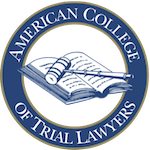


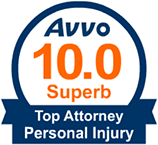



© 2025 THE ZWERDLING LAW FIRM, LLP

